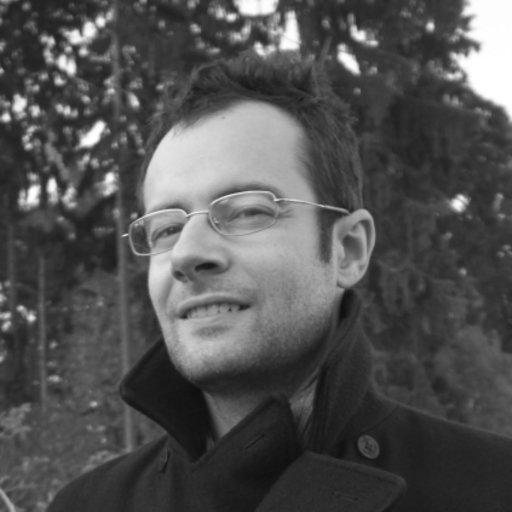One of the speakers at The Organic and the Normative conference, taking place between July 30–August 1, 2024 in Ljubljana, Slovenia, is going to be Jan Halák.
Jan Halák works as an assistant professor at Palacký University Olomouc, Czech Republic. He obtained his Ph.D. in philosophy at Charles University Prague, Czech Republic, and Université Panthéon-Sorbonne, France. He has led several research projects focused on the philosophy of embodiment, drawing from phenomenology, especially Merleau-Ponty, and enactivism. He has published numerous articles on topics such as body schema, affectivity, experiential learning, motor intentionality, and embodied aspects of higher-order cognition. He is currently working on a book project that explores Merleau-Ponty’s entire philosophy through the lens of embodiment.
Highlighted Article
Halák, Jan. (2021). Embodied higher cognition: insights from Merleau-Ponty’s interpretation of motor intentionality. Phenomenology and the Cognitive Sciences. 22. 10.1007/s11097-021-09769-4.
This paper clarifies Merleau-Ponty’s original account of “higher-order” cognition as fundamentally embodied and enacted. Merleau-Ponty’s philosophy inspired theories that deemphasize overlaps between conceptual knowledge and motor intentionality or, on the contrary, focus exclusively on abstract thought. In contrast, this paper explores the link between Merleau-Ponty’s account of motor intentionality and his interpretations of our capacity to understand and interact productively with cultural symbolic systems. I develop my interpretation based on Merleau-Ponty’s analysis of two neuropathological modifications of motor intentionality, the case of the brain-injured war veteran Schneider, and a neurological disorder known as Gerstmann’s syndrome. Building on my analysis of Schneider’s sensorimotor compensatory performances in relation to his limitations in the domains of algebra, geometry, and language usage, I demonstrate a strong continuity between the sense of embodiment and enaction at all these levels. Based on Merleau-Ponty’s interpretations, I argue that “higher-order” cognition is impaired in Schneider insofar as his injury limits his sensorimotor capacity to dynamically produce comparatively more complex differentiations of any given phenomenal structure. I then show how Merleau-Ponty develops and specifies his interpretation of Schneider’s intellectual difficulties in relation to the ambiguous role of the body, and in particular the hand, in Gerstmann’s syndrome. I explain how Merleau-Ponty defends the idea that sensorimotor and quasi-representational cognition are mutually irreducible, while maintaining that symbol-based cognition is a fundamentally enactive and embodied process.
